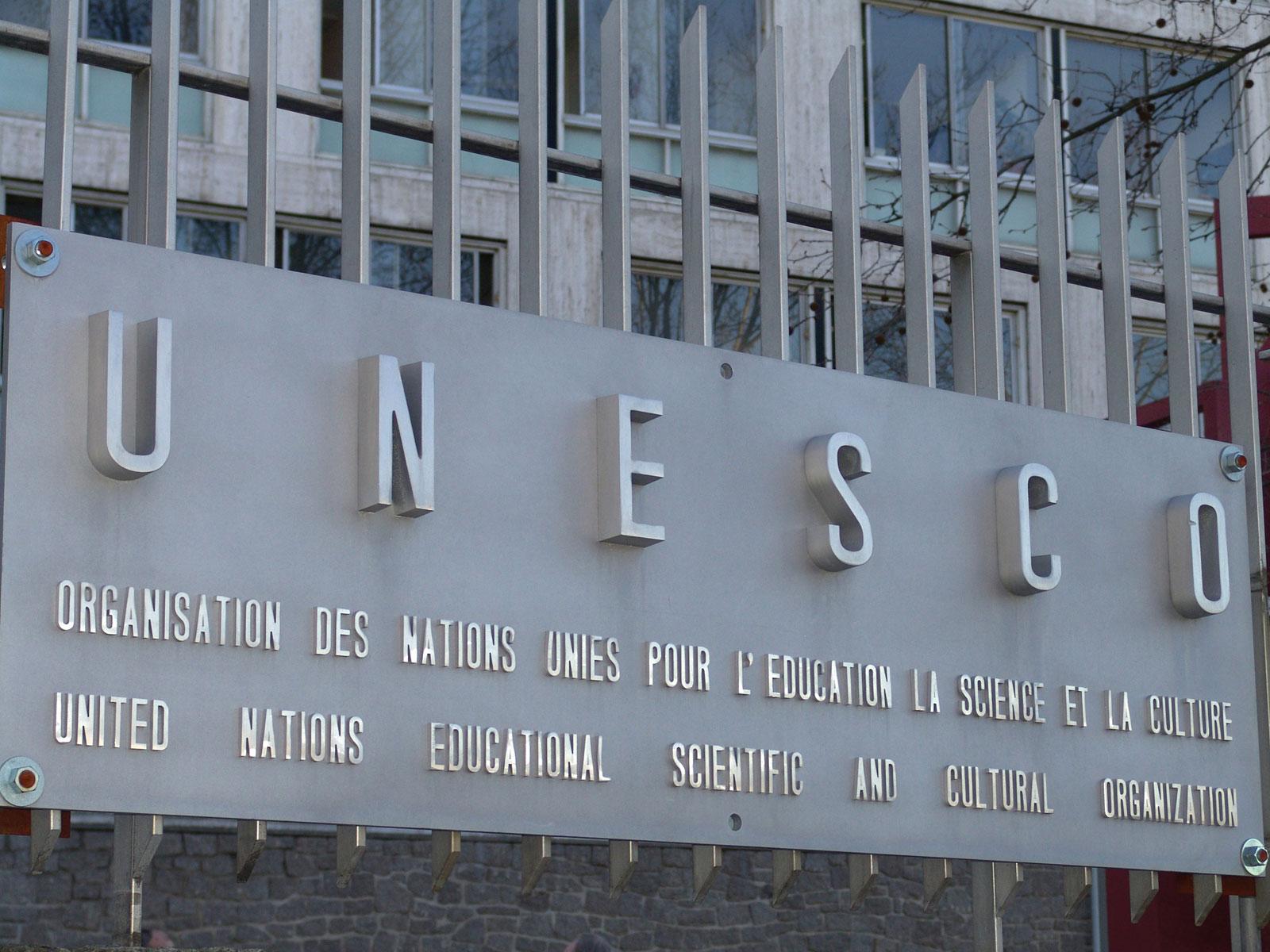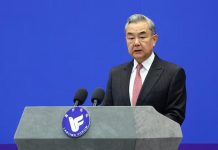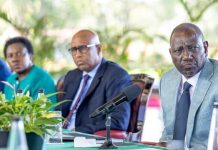Africa-Press – Kenya. REPRESENTATIVE of the United Nations Educational, Scientific and Cultural Organisation (UNESCO), Mr Tirso Dos Santos, has stressed on effective involvement of religious leaders in educating young people on reproductive health, HIV/AIDS and gender-Based Violence.
Mr Santos argued that involvement of the clerics was of paramount importance in reaching more young people including those who are out of the mainstream education.
He made statement when speaking to journalists in Dar es Salaam yesterday during the handover ceremony of the Religious Leaders’ Adolescents Sexual and Reproductive Health and Rights toolkit to the Tanzania Interfaith Partnership (TIP).
Mr Tirso said schools and reproductive health rights (SRHR) knowledge through the delivery of life skills-based sexual and reproductive health, HIV and Gender-based Violence cannot meet all sexual and reproductive health information needs for young people.
“UNESCO believes that education is one of the most powerful ways of improving people’s health, if it is of good quality and relevant for the lives of learners, it will contribute to sustainable development. It is with this understanding that in 2020, UNESCO supported the Tanzania Interfaith Partnership (TIP) to adapt and localize the Religious Leaders Toolkit on adolescent Sexual and Reproductive Health and Rights,” he said.
On her side, the Executive Director of Tanzania Interfaith Partnership (TIP) Ms Saida Mukhi thanked the UNESCO for the support that will help Tanzanian youth get knowledge on sexual and reproductive health, HIV/AIDS and Gender-Based Violence in the country.
Ms Saida said that the toolkits for both Muslims and Christians will equip faith leaders with theological knowledge, appropriate social influence and authentic delivery of awareness education.
“This is the best group to collaborate with and the right entry point to reach out to youths in Tanzania,” she said.
The toolkits involve facts and figures related to Adolescent Sexual Reproductive Health and Rights in Tanzania, guidelines for youth below and above 12 years old.
The religious leaders and representatives that have been given the toolkits were from Muslim Council of Tanzania (BAKWATA), the Tanzania Episcopal Conference (TEC), Christian Council of Tanzania (CCT) and the Mufti of Zanzibar.






